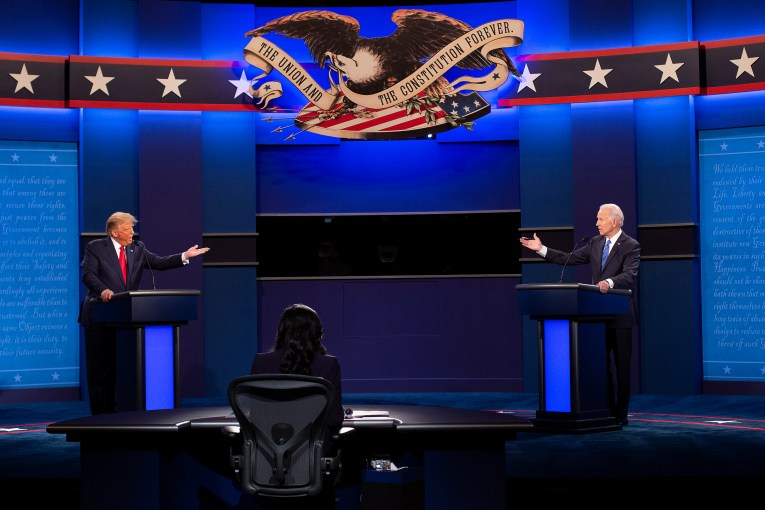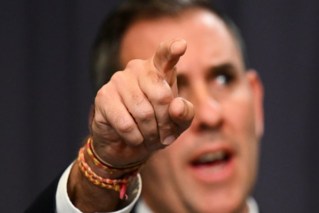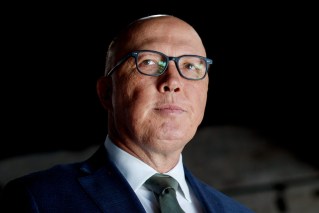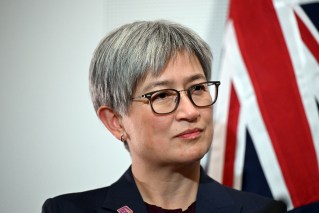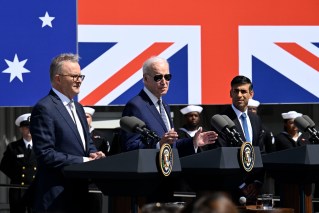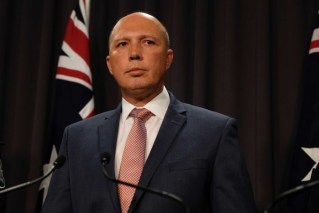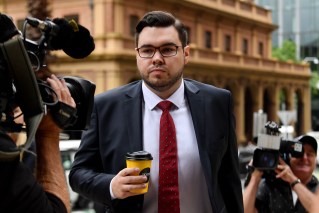‘Unhelpful, unfortunate’: Why this man is so happy about fate of Aussie coal
The Morrison government is digging in on its 2030 emissions reduction target in defiance of a global push as Australia’s stance is criticised as unhelpful and unfortunate.
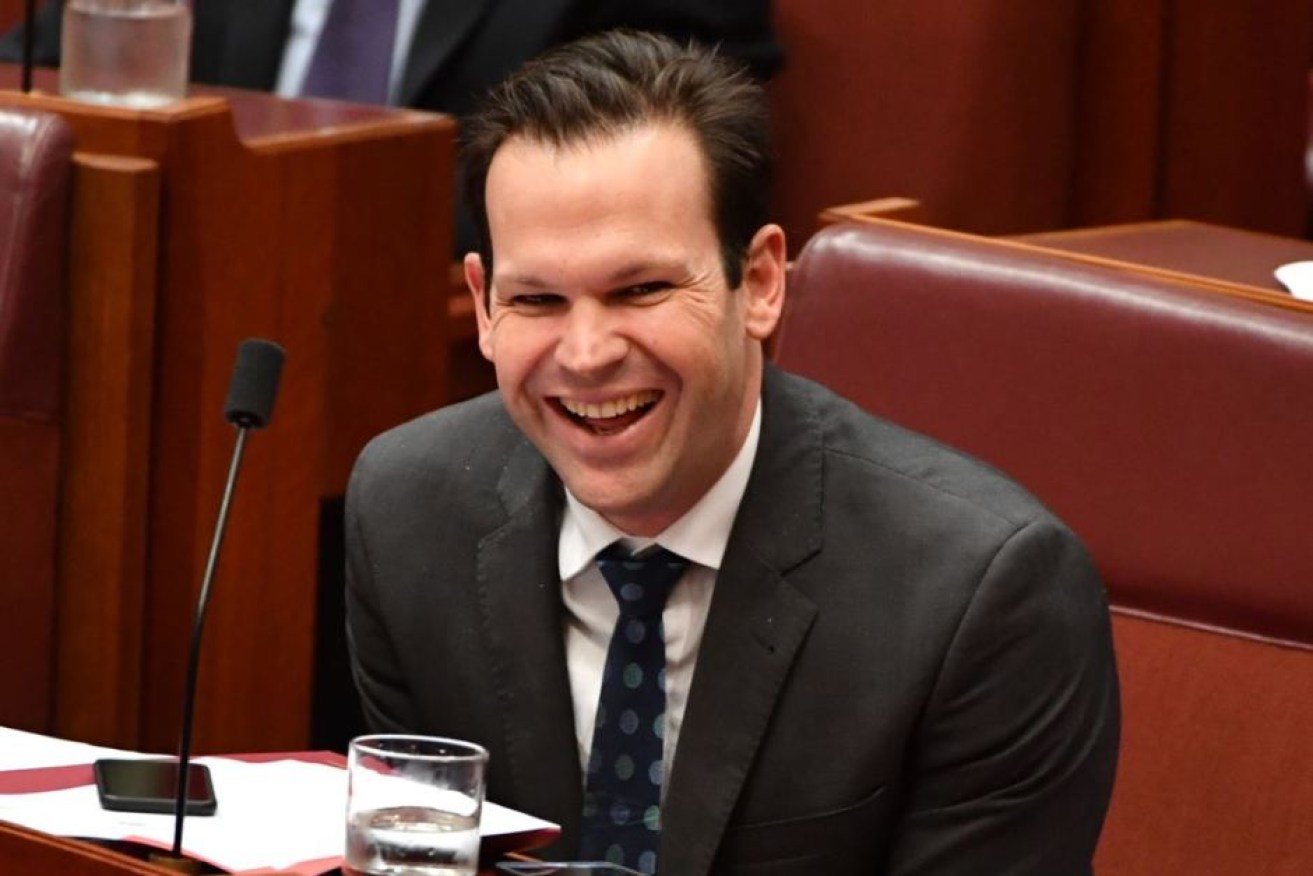
Senator Matt Canavan says it's time for the government to de-escalate the Novak Djokovic saga. (Photo: AAP).
Countries have agreed to accelerate the phasing down, but not out, the use of coal after India led a push to water down the commitment at the COP26 summit in Glasgow.
The failure to commit to phase out coal power has been trumpeted by Nationals senator Matt Canavan as a great result for Australia’s mining industry.
“Given the fact that the agreement did not say that coal needs to be phased down or taken out, it is a big green light for us to build more coalmines,” he told the Nine Network.
Energy Minister Angus Taylor insists Australia’s record is a strong one and maintains the government will not increase its 26 to 28 per cent emissions 2030 reduction target.
“We have a process which is proven, which has delivered far more than most countries in the world in terms of emissions reductions,” he told ABC radio on Monday.
“And that process is one where we update predictions each year.”
But one of the architects of the Paris Agreement, Robert Orr, does not think global investors will be rushing to support coalmining in Australia or anywhere.
“It’s safe to say that the so-called Australian way to net zero was pretty heavily criticised in Glasgow by a range of parties,” the special adviser on climate change to the UN secretary-general told ABC radio.
“I’m not sure I would be trumpeting great success on this from the Australian delegation.”
The UN agreement called on countries to return the negotiation table next year to set stronger 2030 targets.
“It’s unfortunate for the Australian government or any government to dig in, around commitments currently made,” Mr Orr said.
“It’s not terribly helpful to have any government dig its heels in and say that they’re fixed with their current commitments.”
Australia has a target to achieve net zero emissions by 2050 that relies on voluntary action from the private sector.
It’s plan anticipates getting 85 per cent of the way there by 2050 and relies on “further technological improvements” to make up the gap to zero.
“The final 15 per cent … the technologies we expect to play a role, they are primarily technologies we are already investing in,” Mr Taylor said.
“They’re known, we understand them, but there’s a lot of work to be done.”
The Morrison government maintains its mid-term emissions target is fixed, but has updated its projections to an anticipated 30 to 35 per cent cut by 2030.
Some Liberal MPs want Australia to commit to stronger 2035 emissions cuts as the Morrison government refuses to budge on its target for this decade.
NSW MP Dave Sharma thinks it’s doable to reduce emissions between 40 and 45 per cent by 2035.
“It’s a modest stretch, but it’s not a big stretch,” he told Sky News on Monday.
“Particularly when you consider the number of new technologies we’re investing in and the cost of things like battery storage that are coming down now at an exponential rate.”
Countries agreed at the COP26 summit in Glasgow to accelerate the phasing down, but not out, of coal after lobbying by countries including India.
“The direction of travel is is clear; it’s away from fossil fuels,” Mr Sharma said.
“If we’re serious about reducing our emissions, we need to lessen our reliance on fossil fuels.”
